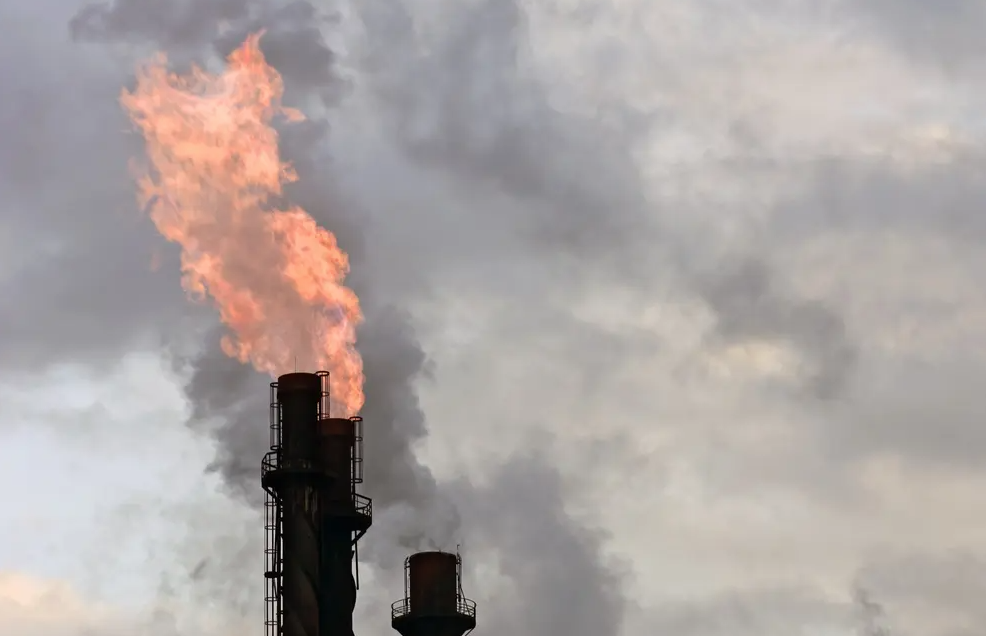EU methane regulation was approved with 499 yes, 73 no and 55 abstentions
(sustainabilityenvironment.com) – Despite the assault of the extreme right and the hesitation of the EPP, the European Parliament has approved the new EU methane regulation without diluting its ambition. Yesterday the text passed by a large majority, with 499 yes, 73 no and 55 abstentions. A result that hides the danger that has run to the last: limiting ourselves to the gas produced in Europe, leaving aside imports. They weigh 80% of the total.
What does the new EU methane regulation provide for?
This was the aim of the blitz attempted by certain groups in Strasbourg, which were determined to weaken the EU methane regulation deemed too drastic. The main target was the most important aspect of the measure: the inclusion in the scope of the regulation also of imported gas that the Commission, in its initial proposal, had left out. And that the EU parliament decides to introduce.
The other points of the regulation oblige EU countries to set national targets for reducing methane emissions by 2025, with a view to 2030. These objectives must cover all the areas covered by the regulation. To which MEPs decided to add the petrochemical, in addition to those already considered by the EU executive, namely the entire energy sector. Also provided for the gradual stop to flaring and venting.
Read also Methane emissions, Turkmenistan’s bad record
Then there is the section on methane losses. To address this chapter, the Commission originally proposed a system of obligations, for producers and operators, of monitoring and prompt action to repair leaks. The House adopted a non-binding resolution on the situation in the Middle East.
“Today’s vote is a commitment to greater climate protection and energy sovereignty in Europe – says rapporteur Jutta Paulus (Group of the Greens/European Free Alliance) – In the energy sector, Three quarters of methane emissions can be avoided by simple measures and without major investments. Since Europe imports more than 80% of the fossil fuels it burns, it is essential to extend the scope to energy imports”. We now move on to the negotiations between Strasbourg and the Council for the adoption of the final text.

